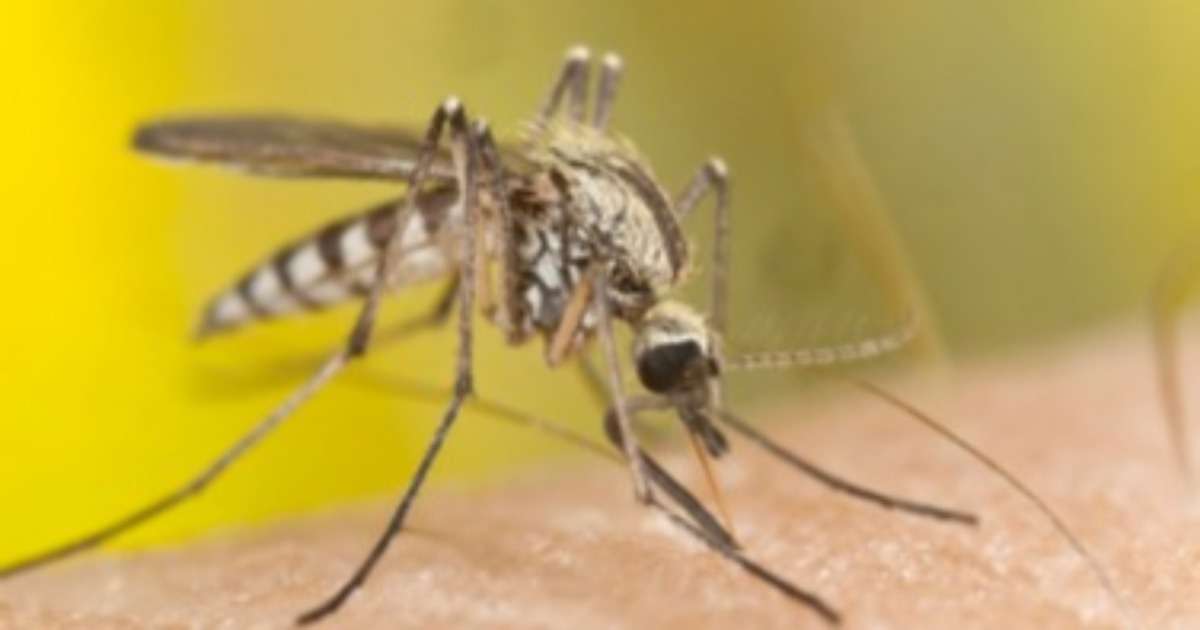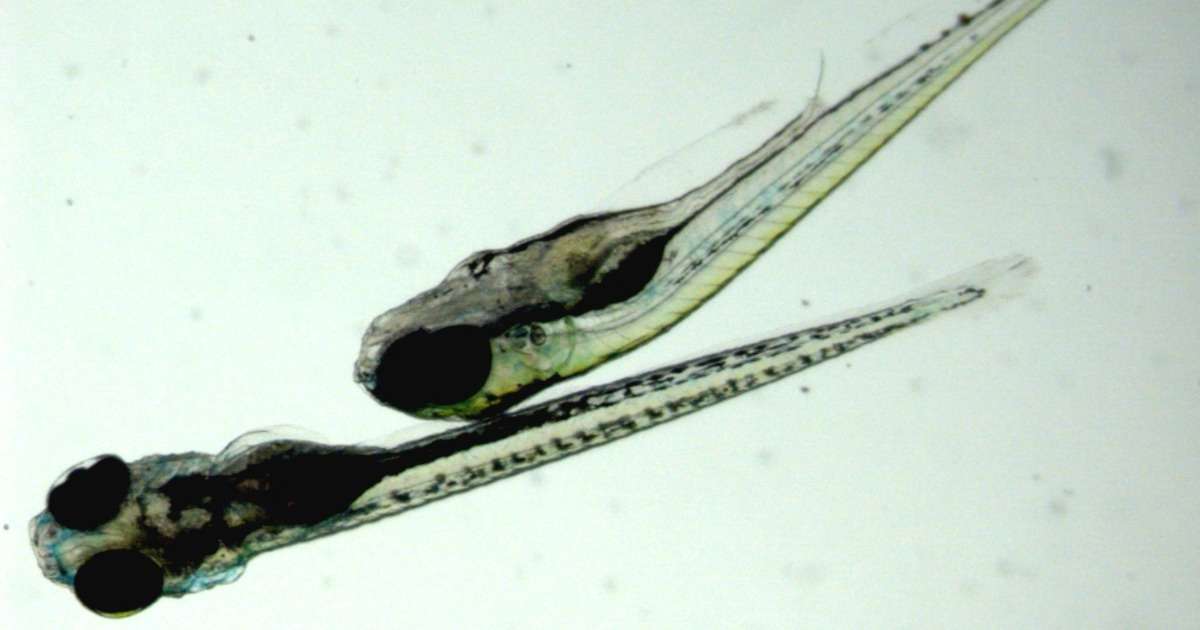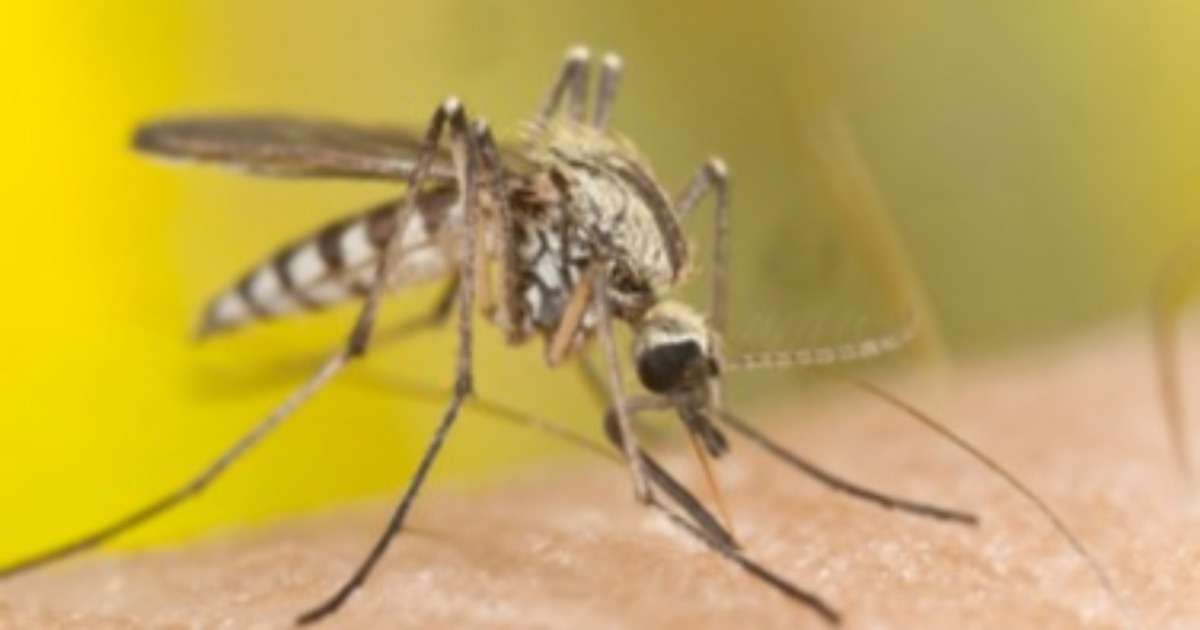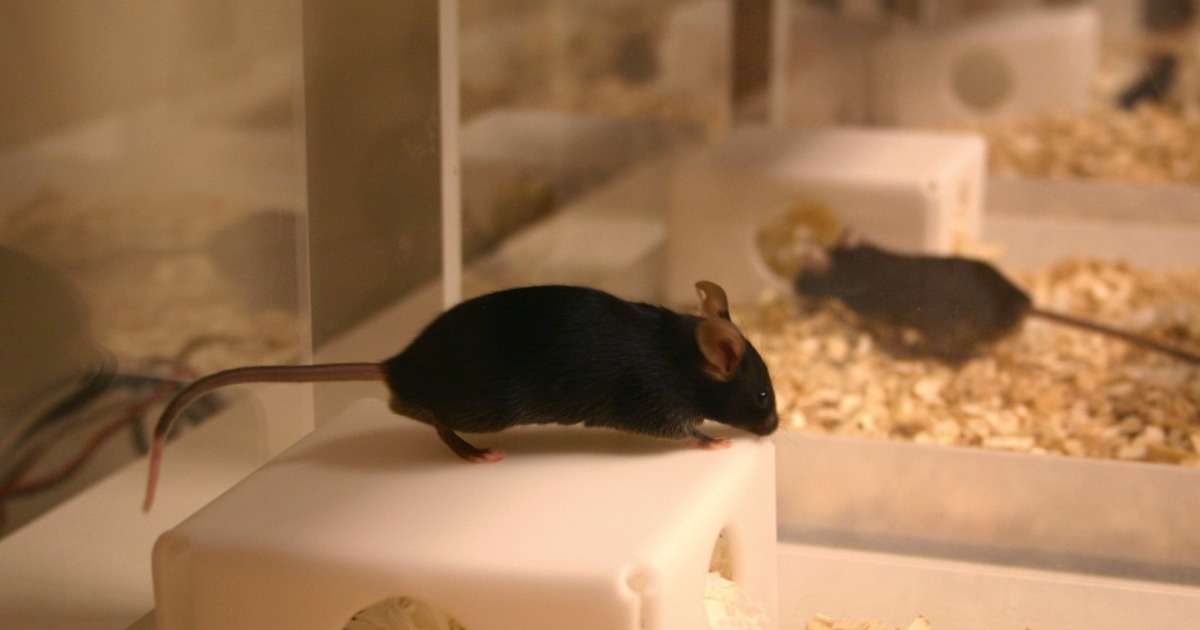Filter on
human behavior research categories

How to study communication in young children
If you are born profoundly deaf, it is very likely that modern technology in the form of cochlear implants can improve your hearing.

Buying a travel pillow: do our experiences make our expectations come true?
During a long flight, it is often tempting to take a nap in the airplane seat. Which travel pillow offers you the most comfort for this?

How innovative solutions advance your behavioral research
Good behavioral research requires good methods, and good tools. Three Noldus customer stories display how innovative solutions have advanced their behavioral research.

How oncologists’ communication impacts patients’ information recall
In her study, Visser focuses on one of the possible mechanisms that may underlie limited information recall in patients: the relationship between emotional stress and memory performance.

Understanding face perception in ASD
Researchers at KU Leuven want to gain more insight into whether or not there are differences in the implicit abilities of children with ASD to detect faces, different identities, and different expressions.

3 Emotional studies with FaceReader
Many researchers have discovered FaceReader as a tool for their research. These 3 recent studies with FaceReader show how emotion data helps you to better understand human-human, human-machine, and human-product interactions.

Interacting with autonomous cars
When I get in the train next week at the Düsseldorf airport, I know that there is something different about it in comparison to a normal train.

Robots helping people with dementia
Researcher Wendy Moyle and her team explored if the use of a robotic seal as a therapeutic tool would influence the emotional and behavioral symptoms of dementia.

Learn to cooperate toward shared goals using the principles of CRM
Teamwork plays an important role in ensuring patient safety and avoiding errors. The most commonly used method to promote teamwork, is training entire teams together to better prepare them for effective cooperation.

Video recording medical trainees who are interrupted during a complex task
Interruptions in your work have a negative effect on completing your tasks correctly. Jones and her team examined the impact of clinical interruptions on simulated trainee performances during central venous catheterization.
Filter on
animal behavior research categories

Does pesticide resistance make malaria mosquitoes “smarter”?
In one of my previous blog posts, I wrote about the success of insecticide treated bed nets in preventing malaria. In the past five years, mortality from malaria has dropped with 60%.

Seizing fish: a high-throughput screen for novel antiepileptic drugs
The lab of Prof. Richard Baines investigates how the electrical development of neurons is regulated. His research was long based on the larvae of fruitfly, but the lab recently started using zebrafish larvae.

How to capture the 3D swimming patterns of fish
Zebrafish have more in common with humans than meets the eye. This is why they have become a “go-to” model in neuroscience research. But one difference remains: we walk and they swim.

A new fish on the block: Japanese medaka in toxicology studies
We are all very familiar with zebrafish as a model species in neuroscience research. Today, let's talk about another fish, the Japanese medaka.

Dementia symptoms following surgery
This week we have a guest post by Iris Hovens. She has done some really interesting research into the consequences of surgery in terms of reduced memory and concentration problems.

Bigger is not always better: hypothesis testing in sexual evolution
Sexual selection can lead to fascinating phenomena. We are all familiar with the fabulous color display of male peacocks to attract females. Less well known, but definitely not less interesting, are stalk-eyed flies.

A new approach in the battle against malaria
Bed nets treated with insecticide (ITNs) greatly decrease malaria illness and mortality. ITNs can decrease infant mortality from all causes by more than 20%.

How to let rats run perfectly
Letting animals walk freely in gait research. At Noldus, we strongly believe this is the way to go, so that is how our CatWalk XT system works.

Mice in the spotlight: why you should perform your tests in a home cage
Mouse models are essential for neuroscience research. Many tests are susceptible to bias. Home cage testing provides a number of solutions.

How you can efficiently screen for plant resistance to aphids
Aphids are small insects that pierce plant leaves and suck out their contents. Although they inflict limited physical destruction to the plant, aphids commonly infect plants with viruses, which can destroy complete harvests.
